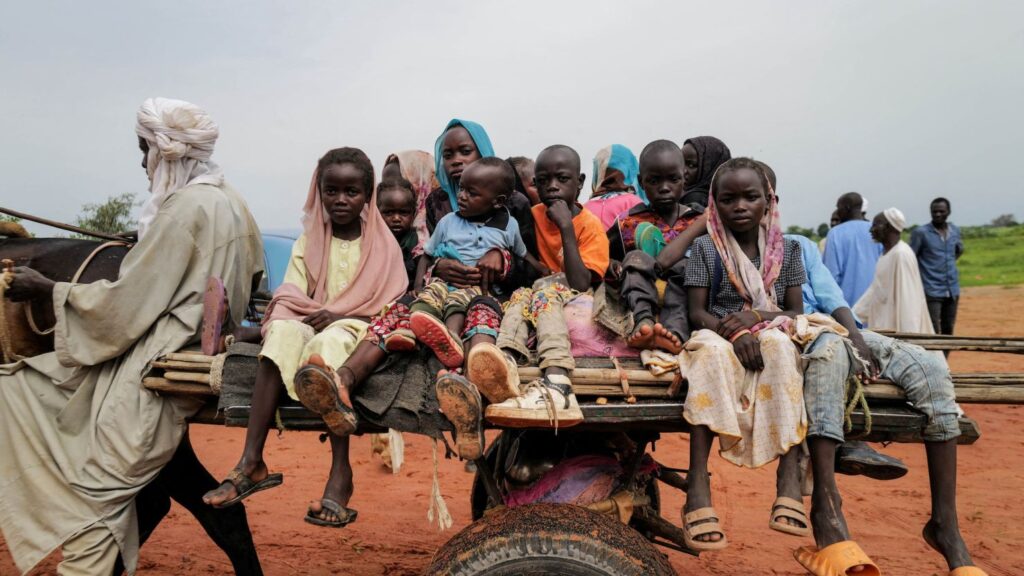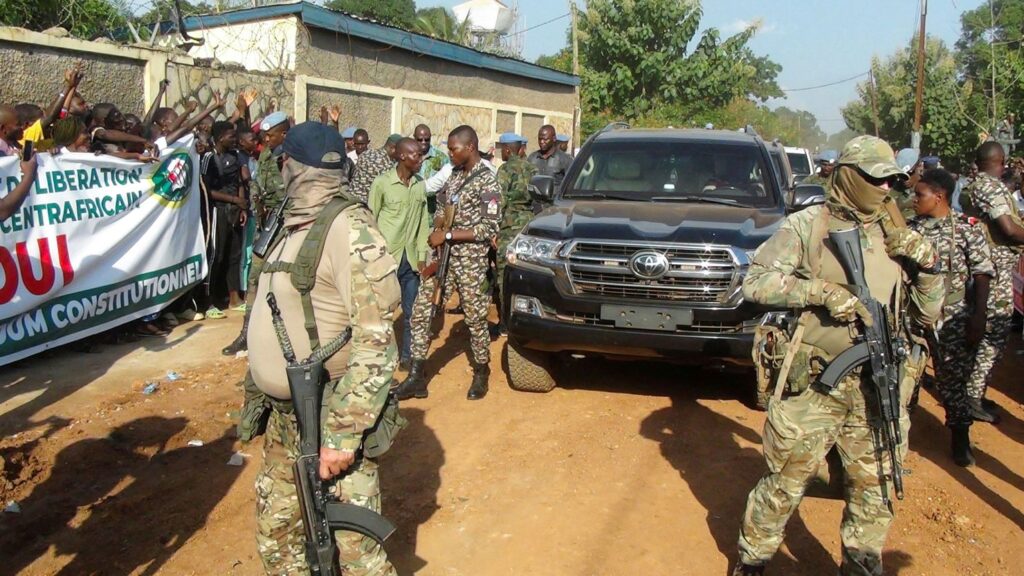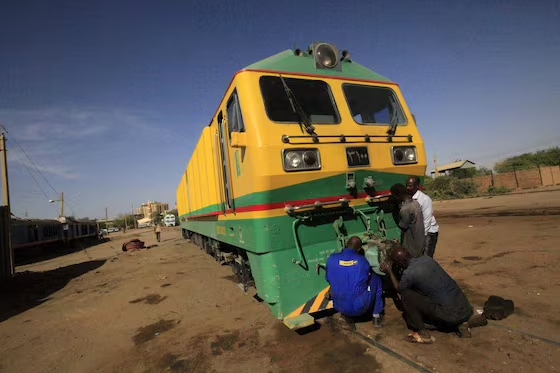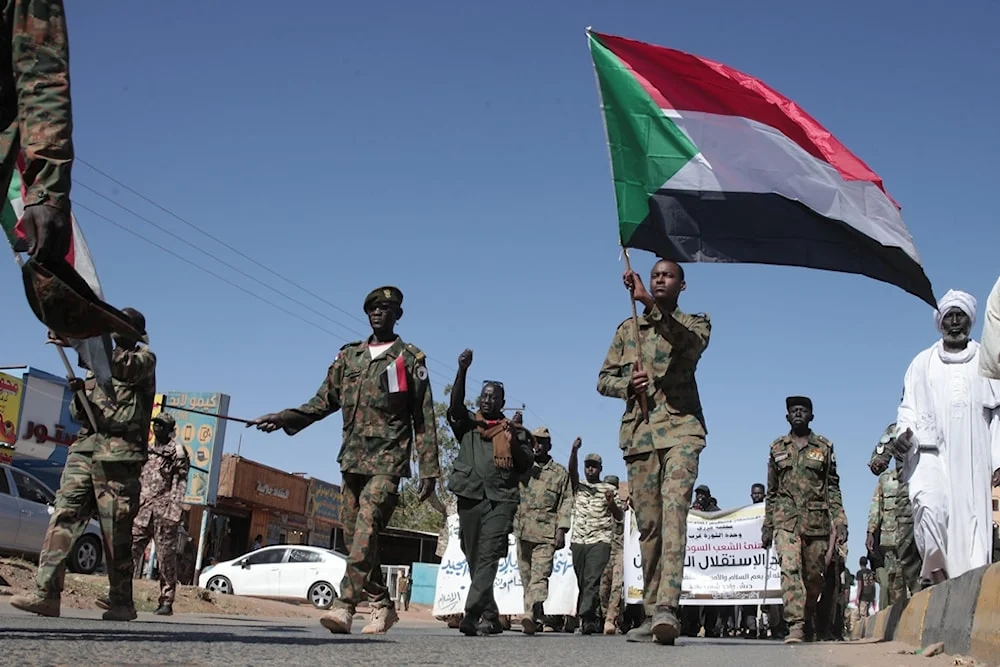
The U.N. refugee agency (UNHCR) is scrambling to assist a growing number of Sudanese refugees fleeing the 14-month-long civil war.
On Tuesday, they announced the expansion of their aid program to include Libya and Uganda, bringing the total number of affected African countries to seven.
Sudan already faces the world’s worst displacement crisis, with over 12 million people internally displaced and 2 million refugees fleeing across borders.
The surge in refugees arriving in Libya, northwest of Sudan, raises concerns about further migration across the perilous Mediterranean Sea to Europe – a scenario the UNHCR previously warned about if aid remained insufficient.
According to a UNHCR planning document, the agency anticipates receiving up to 149,000 refugees in Libya by year-end. Uganda, despite not sharing a direct border with Sudan, is also projected to receive 55,000 refugees.
This adds to the 1.7 million refugees and asylum seekers Uganda already hosts from various conflicts.
“The desperate situation in Sudan is forcing people to make difficult choices,” stated Ewan Watson of UNHCR during a press briefing in Geneva.
“They’re ending up in places like Libya, which are currently extremely challenging for refugees,particularly those arriving from Darfur where ethnic violence has intensified.”
Watson confirmed that at least 20,000 refugees have arrived in Libya since last year, with a recent acceleration in arrivals and potentially many more unregistered. In Uganda, the number of Sudanese refugees has reached at least 39,000 since the war began.
Unfortunately, the U.N.’s Sudan aid response is struggling with a funding shortage. Record humanitarian needs across the globe, coupled with donor budget constraints, have left the U.N. plan less than 20% funded.
“Refugee families are forced to sleep exposed, and medical facilities are overwhelmed by the growing needs,” stated Watson. The UNHCR is urging for increased international support to alleviate the suffering of Sudanese refugees in Sudan and neighboring countries.




